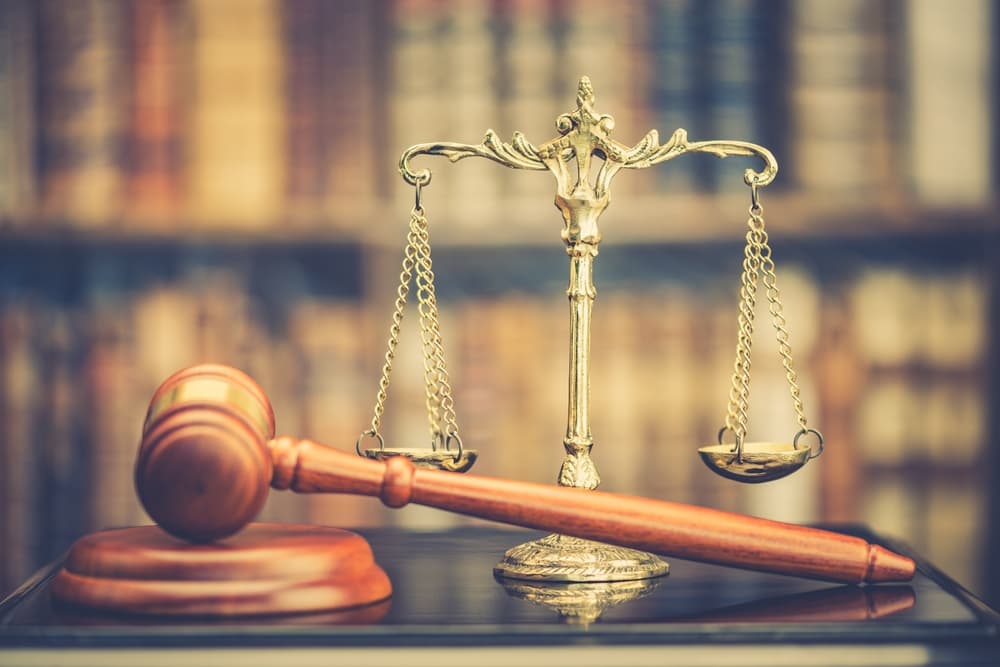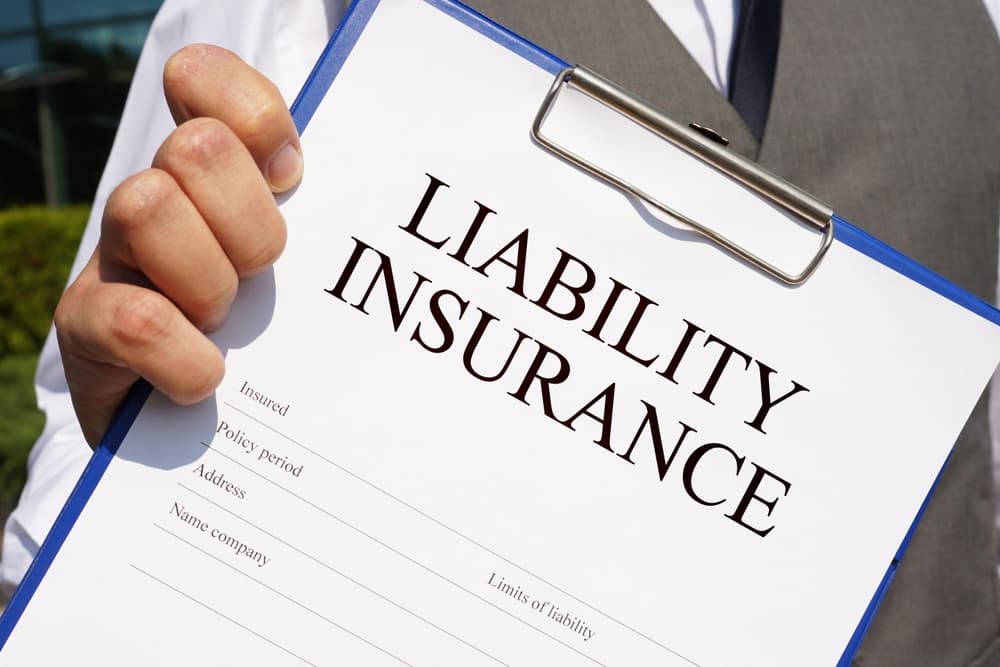Ridesharing services like Lyft have revolutionized the way we move from point A to point B, offering convenience, affordability, and a dash of modern technology. With thousands of Lyft cars sharing the roads with other vehicles, there is always a potential for accidents that may disrupt your plans and, worse, result in injuries.
But can you take legal action against Lyft when such an accident occurs? Can you file a lawsuit to make the company pay for your medical expenses, lost income, and other losses and damages? To answer these questions, you need to understand Lyft’s liability and insurance in the event of collisions. These are complicated legal issues, so always put your case in the hands of an experienced Lyft accident attorney right away.
Top Causes of Lyft Accidents
Lyft’s business model, which allows drivers to earn as much as they choose, creates several road hazards for passengers and others. Below are some of the most common causes associated with Lyft and other rideshare accidents:

- Inexperienced drivers. Lyft provides an opportunity for almost anyone with a car to become a driver. According to the company’s website, all you need to apply is a driver’s license, be at least 25 years of age, and pass a background check. Such a low barrier to entry for Lyft drivers means drivers have varying levels of driving experience. Drivers new to ridesharing might be more prone to making errors of judgment on the road, increasing the risk of preventable crashes.
- Distracted driving. The nature of ridesharing requires drivers to use their app for navigation and ride details, increasing the risk of distraction. When a driver’s attention splits between the road and their device, the chance of an accident can increase significantly.
- Driver fatigue. Lyft drivers often work long hours to meet financial goals or take advantage of peak demand times. This dedication to work can lead to fatigue, reducing reaction time and increasing the likelihood of an accident.
- Navigating unfamiliar roads. Rideshare drivers frequently drive to pick up or drop off passengers in unfamiliar areas. Lack of local road knowledge can lead to dangerous maneuvers, missed turns, or sudden stops – all of which can result in accidents.
- Speeding. To maximize earnings, a Lyft driver might speed to complete more rides within a limited time. Speeding reduces the ability to respond to road conditions, traffic signals, and the actions of other drivers, raising the probability of collisions.
- Unsafe parking and pick-up locations. Sometimes, the most convenient pick-up location isn’t the safest one. Drivers stopping in no-parking zones or areas with high traffic flow can create hazardous conditions for passengers entering or exiting the vehicle.
- Poor vehicle maintenance. Lyft has vehicle requirements that all drivers must meet before they can start driving. However, continuous maintenance is the driver’s responsibility, which they often neglect. Neglected vehicle care can lead to failures on the road, such as brake malfunction, resulting in catastrophic collisions.
When an accident occurs, you need to understand how it occurred before determining liability and pursuing compensation. Understanding what caused a Lyft accident may often require the assistance of a Lyft accident lawyer who will investigate the crash and identify all potentially liable parties.
Is Lyft Responsible for Their Drivers’ Negligence?
The novelty of the ridesharing sector has raised legal concerns that standard transportation regulations and liabilities may not be fully addressed. While some cases are no different from those involving personal vehicles, many aspects of ridesharing – such as the driver’s employment status and the platform’s engagement policies – introduce layers of legal complexity when accidents occur.
Drivers are the frontline representatives of ridesharing companies like Lyft, and as such, their actions directly reflect on the company’s public image and legal standing. As defined by law, negligence is the failure to act as a reasonably prudent person in a given situation. For example, a driver is negligent when they choose to get behind the wheel of their vehicle while under the influence of alcohol or fail to adhere to traffic laws.
While a Lyft driver may be negligent in causing the accident, can Lyft – as the driver’s “employer” – be held responsible for the driver’s negligence? This is where things get legally complex. Normally, those who get injured due to the negligence of an employee can sue the employer under the doctrine of vicarious liability. However, this principle does not apply to Lyft because rideshare companies classify their drivers as “independent contractors” rather than “employees.” This distinction in employment status often shields the company from liability in accidents caused by their driver’s negligence. However, that is not to say you cannot sue Lyft.
When Can You Sue Lyft for Injuries in an Accident?
While it may not be possible to hold Lyft responsible for the negligence on the part of its drivers, you can still file a lawsuit against the company if it has done any of the following:
Hiring Drivers with a Known Risky Background
If Lyft fails to conduct thorough background checks and hires drivers with a history of criminal behavior or dangerous driving actions, the injured victim can sue the rideshare company for negligence. Lyft has a responsibility to ensure its drivers are safe and trustworthy. Lyft can be held liable if this due diligence is not performed correctly and a driver’s past behavior results in an accident.
Inadequate Monitoring of Drivers’ Actions
Lyft’s responsibilities extend beyond hiring. The company must continuously monitor the performance and behavior of its drivers. If Lyft disregards signs or complaints from riders that a driver is behaving recklessly or dangerously while under contract, and this leads to an accident, those injured may have grounds to sue Lyft for failing to take preventive action.
Failing to Remove Dangerous Drivers
Failure to terminate a driver who has demonstrated they are a danger to passengers or others on the road can be a serious lapse in Lyft’s duty to public safety. If an accident occurs under such circumstances, Lyft can be responsible due to its inaction in facing clear red flags regarding a driver’s suitability.
Permitting the Use of Unsafe Vehicles
Lyft has an obligation to ensure all vehicles in its service meet specific safety standards. Allowing drivers to operate unsafe vehicles breaches regulatory requirements and Lyft’s policies. Should an accident result from such negligence, injured parties may have the right to seek compensation from the company.
Who Else Can Be Liable for a Lyft Accident?
As discussed earlier, Lyft drivers or the company might be responsible under various circumstances. However, liability can extend beyond these two parties. Other potentially liable parties in the event of Lyft accidents include:
- Other drivers on the road. If the collision resulted from another driver’s negligence, the injured Lyft passenger can pursue a claim against that driver’s insurance company for the injuries sustained. In such situations, the at-fault driver’s insurance will typically be the source of compensation for the passenger’s injuries. If the insurance is insufficient to cover the damages and losses fully, the injured party can sue the at-fault driver. However, regulations regarding filing lawsuits may differ from state to state. In Florida, for example, injured victims may not file lawsuits against motorists unless their case meets the “serious injury” threshold pursuant to Fla. Stat. § 627.737.
- Automakers or vehicle manufacturers. Sometimes, the cause of an accident may be traced back to a vehicle’s mechanical failure, such as brake malfunctions. If you can prove that the accident was caused by a vehicle’s defective part or design flaw, the manufacturer of the vehicle or the specific faulty part may be held liable.
- Government entities responsible for road maintenance. Poor road maintenance may also contribute to your Lyft accident. Factors such as potholes, lack of proper signage, unclear road markings, or malfunctioning traffic signals can increase the risk of accidents. In these scenarios, the government entity responsible for maintaining the roadways can be held liable. However, pursuing a claim against a government body involves strict procedures and tight deadlines. In Florida, for example, injured victims may have as little as six months to file their lawsuit against the government.
Consider contacting a Lyft accident attorney with experience handling Lyft accident cases to help you analyze the circumstances surrounding your crash and identify the liable parties.
Call or text 800-602-5000 or complete a Free Case Evaluation form
Understanding Lyft’s Liability Insurance in Injury Accidents

The law requires rideshare companies such as Lyft to carry driver liability insurance. According to the company’s website, liability insurance works the following way:
- The driver is not using the app. If an accident occurs when the app is offline, Lyft’s liability insurance won’t apply.
- The driver is using the app and accepting rides. If an accident occurs while the driver is using the app but has no passengers in the car, the company provides third-party liability insurance for $25,000 in property damage and $50,000 per person ($100,000 per accident) in bodily injury.
- En route. Lyft has $1 million liability coverage that kicks in if accidents occur when the driver is en route to pick up a passenger, or the ride is in progress.
However, just because Lyft provides insurance does not mean getting a fair settlement will be easy. Even when insurance coverage is available, you may still need to work with a Lyft accident lawyer to fight for the compensation you are entitled to and avoid settling for less.
Frequently Asked Questions (FAQs) About Lyft Injury Accidents
No one plans to be in an accident when requesting a Lyft ride. However, an accident can happen to anyone, leaving them helpless, hurt, and confused. While the FAQ section below can serve as a quick reference for anyone who has suffered an injury in a Lyft accident, securing the assistance of legal counsel can be beneficial to get tailored guidance.
[faq_block]
“I suffered an injury in a Lyft accident – now what?”
When you get into an accident, the first step is to take a screenshot of your rideshare trip and report the incident to Lyft. Taking the screenshot will serve as evidence that you were a passenger in the Lyft vehicle when the accident occurred. Even if you feel completely fine, it is always a good idea to seek post-accident medical attention or emergency transportation from the crash scene if your condition is severe. Once you get documentation of your injuries, do not wait to consult a Lyft accident attorney to discuss your compensation options and decide on your best course of action.
“How long do I have to file a lawsuit after a Lyft accident?”
The time limit, known as the “statute of limitations,” for filing a lawsuit after a Lyft accident varies by state. Typically, personal injury lawsuits (including auto accidents) must be filed within two to four years from the accident date. In Florida, for example, injured victims have only two years to initiate legal action after an accident (Fla. Stat. § 95.11). Check the specific laws in your state or consult a Lyft accident lawyer to ensure you understand the timeline for your situation. And do keep in mind that waiting too long can bar you from pursuing legal action to recover damages.
“What damages can I recover after getting injured in a Lyft accident?”
If you suffered injuries while riding with Lyft, you might be entitled to seek compensation for various types of damages, depending on the circumstances of your case. These can include:
- Medical expenses (costs for emergency care, hospital stays, doctor’s visits, medication, physical therapy, and any future medical care related to your injuries)
- Lost income (compensation for the time you were unable to work due to your injuries)
- Diminished or lost earning capacity (compensation for your inability to return to your job and earn a living as you did before the injury)
- Pain and suffering (compensation for physical pain and emotional distress caused by the accident)
- Property damage (compensation for repair or replacement costs if any personal property was damaged during the accident)
An experienced Lyft accident attorney can help you understand which damages apply to your case and estimate their value.
“Do I need an attorney if I suffered an injury in a Lyft accident?”
While not a legal requirement, having a Lyft accident lawyer is extremely beneficial when pursuing just compensation after a Lyft accident. Your attorney will help identify all avenues for compensation, determine liability, and navigate the legal proceedings from start to finish. With legal counsel, you will get advice on how to proceed with your claim. You will understand whether it is necessary to file a lawsuit against Lyft or another liable party or accept an insurance settlement.
Seek your free consultation with a personal injury attorney now.
[/faq_block]








